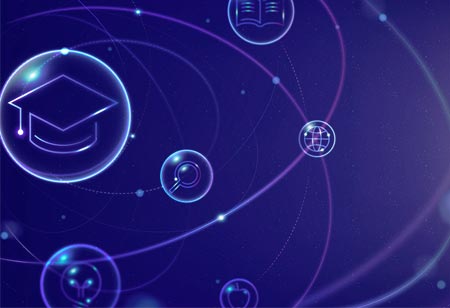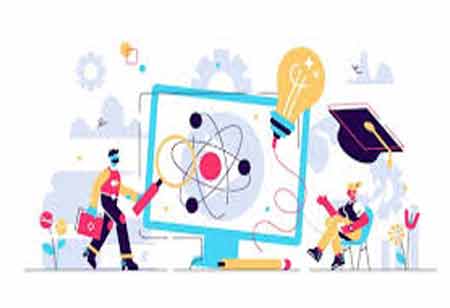THANK YOU FOR SUBSCRIBING
Be first to read the latest tech news, Industry Leader's Insights, and CIO interviews of medium and large enterprises exclusively from Education Technology Insights
US Department Of Education Partners With Carnegie Learning
Cutting-edge research using AI to improve outcomes for students with reading disabilities

By
Education Technology Insights | Monday, February 05, 2024
Stay ahead of the industry with exclusive feature stories on the top companies, expert insights and the latest news delivered straight to your inbox. Subscribe today.
Cutting-edge research using AI to improve outcomes for students with reading disabilities
PITTSBURGH, PA – Carnegie Learning announced a partnership with the Institute of Education Sciences (IES), the statistics, research, and evaluation arm of the U.S. Department of Education to support students with reading disabilities by adapting popular math curriculum, MATHia.
An example of how partnerships can strengthen cutting-edge research using AI to improve outcomes for students with disabilities is a grant with CAST to partner with Carnegie Learning to improve their widely used digital math curriculum, MATHia.
Read more in the IES blog post here
Carnegie Learning is well known for their suite of curriculum products that apply cognitive science to instruction and learning. The researchers in this partnership also rely on a diverse team of special education researchers who have expertise in math and reading disabilities and an educator advisory council of teachers, special educators, and math/reading specialists.
It has taken this kind of partnership—and the inclusion of relevant stakeholders and experts—to conduct complex research applying generative AI (ChatGPT) and humans to revise word problems within MATHia to decrease reading challenges and support students in understanding the semantic and conceptual structure of a word problem.
Rapid randomized control trials are being used to test these revised versions with over 116,000 students participating in the study. In 2022-2023 the research team demonstrated that humans can successfully revise word problems in ways that lead to improvements in student performance, including students with disabilities. The challenge is in trying to train generative AI to reproduce the kinds of revisions humans make. While generative AI has so far been unevenly successful in making revisions that similarly lead to improvements in student outcomes, the researchers are not ruling out the use of generative AI in revising word problems in MATHia.
The research team is now working with their expert consultants on a systematic reading and problem-solving approach as an alternative to revising word problems. Instead of text simplification, they will be testing the effect of adding instructional support within MATHia for some word problems.







